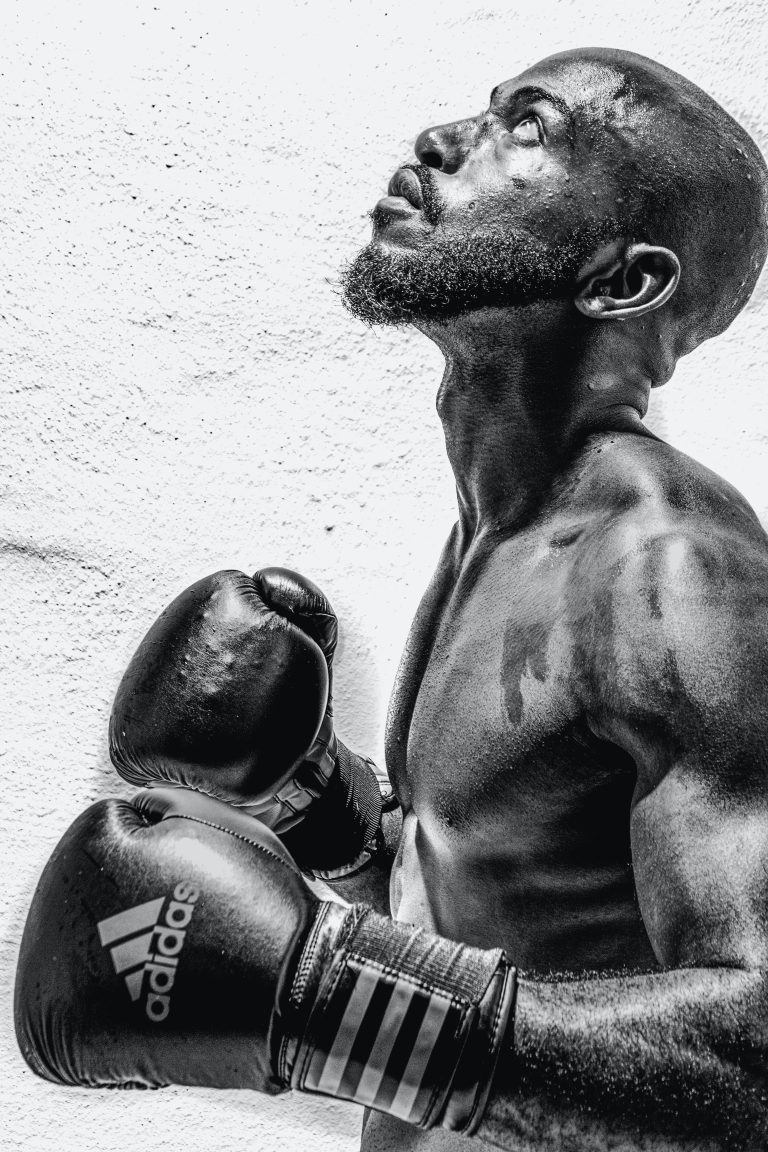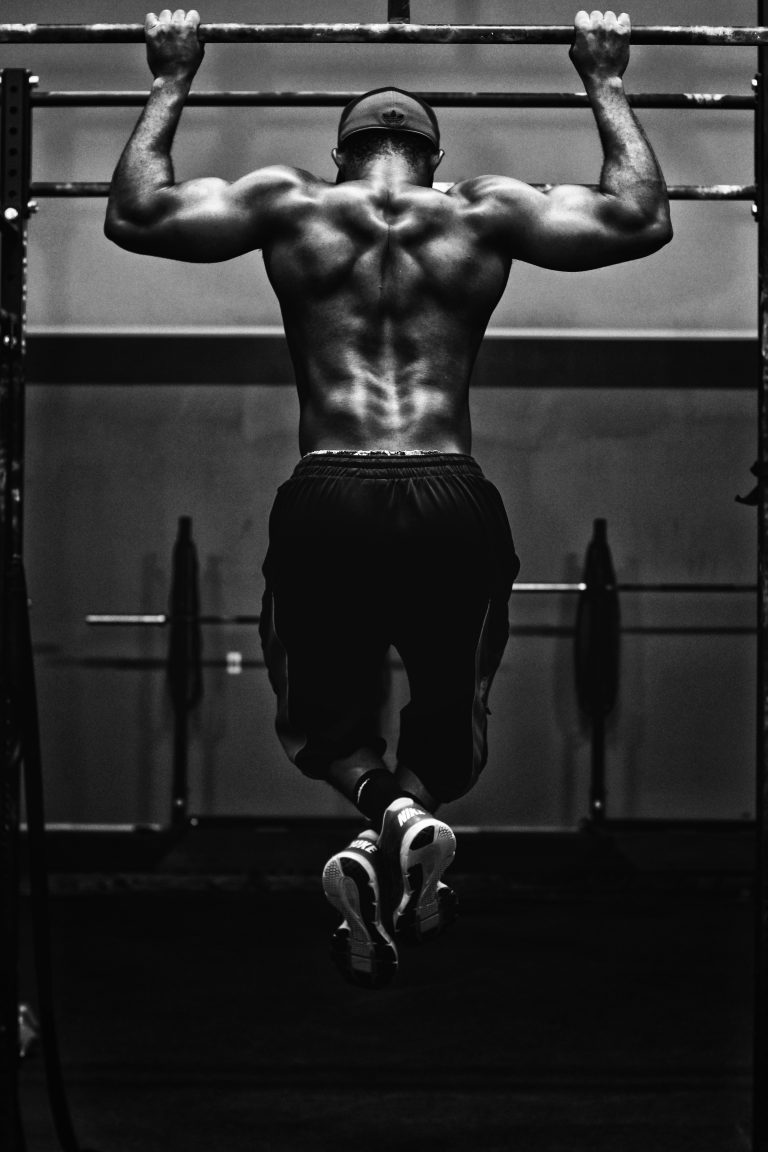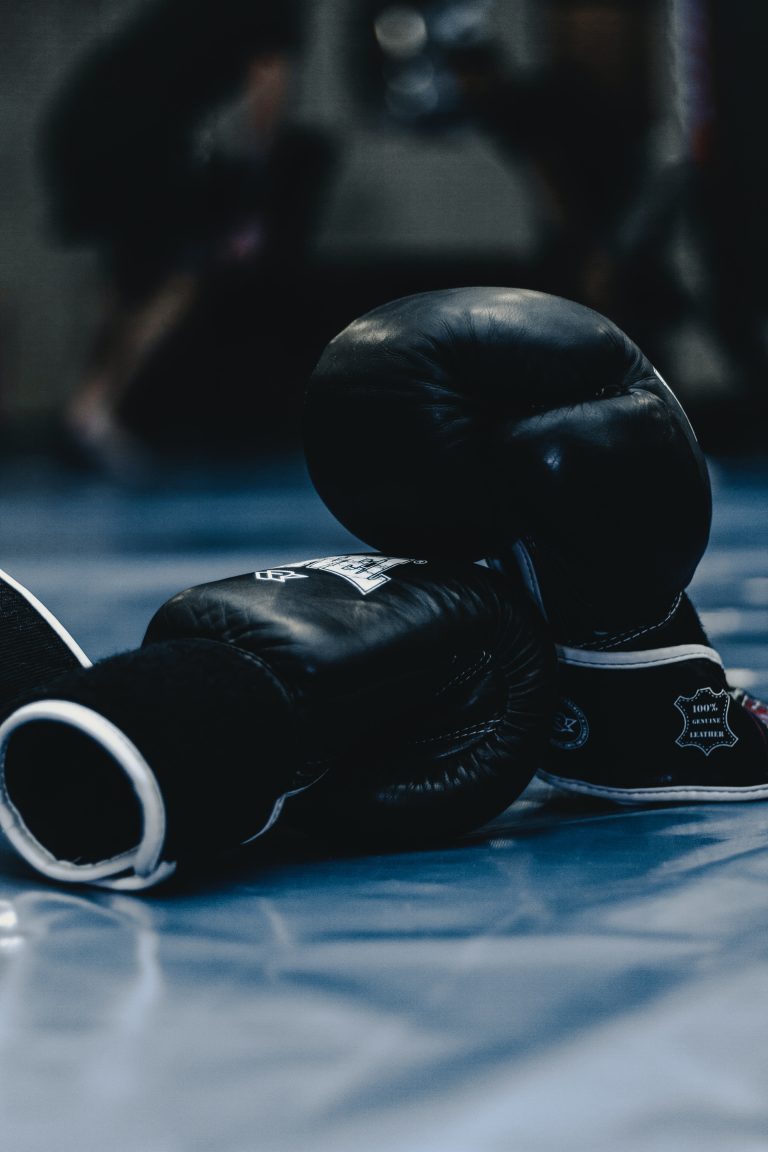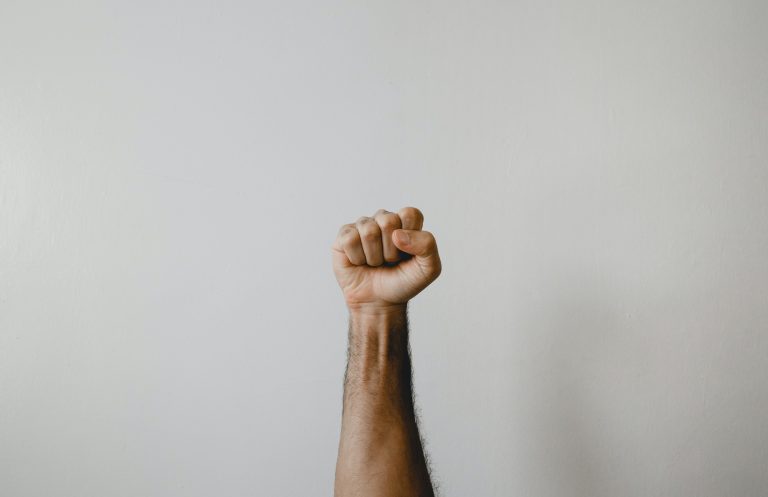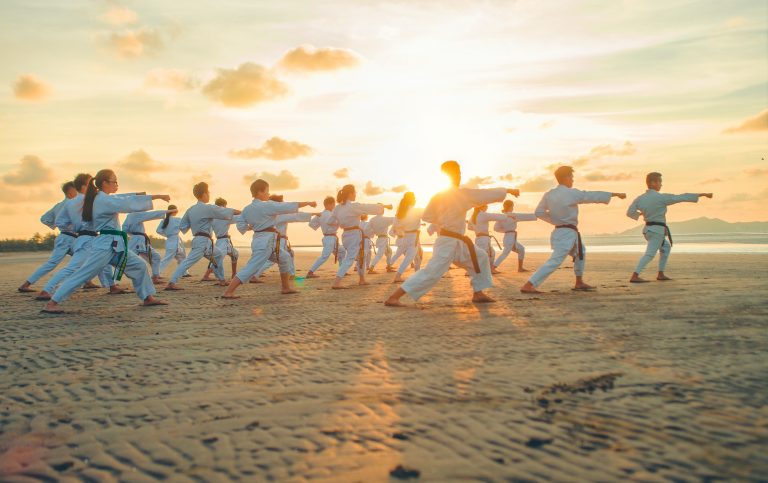How to Address Your Karate Teacher: Proper Etiquette and Respectful Forms of Address
Karate, a Japanese martial art, requires not only physical strength and agility, but also discipline and respect for one’s teacher. In the traditional Japanese martial arts, it is important to use respectful forms of address when speaking to one’s teacher. This not only shows respect but also helps to maintain a level of discipline in the dojo, or training hall.
If you are new to karate or your current teacher has given you a promotion, it may be confusing to know how to address your teacher. In this post, we will discuss the proper forms of address for a karate teacher, including their full title, shorter versions of their title, and other respectful forms of address.
Karate Teacher Titles and Their Meanings
In karate, a teacher is typically referred to as a Sensei, which means „one who has gone before.“ This term is used as a title of respect for someone who has achieved a certain level of skill and has demonstrated their knowledge and ability to teach others.
In addition to Sensei, there are other titles that may be used for teachers, depending on their rank and the organization they are affiliated with. Some of these titles include:
– Shihan: This title is typically used for someone who has achieved the rank of 6th dan or higher and has demonstrated a high level of skill and expertise.
– Kyoshi: This title is used for someone who has achieved the rank of 7th dan or higher and has demonstrated a high level of expertise and skill in teaching.
– Hanshi: This title is typically used for someone who has achieved the rank of 8th dan or higher and has demonstrated exceptional skill and expertise in both karate and teaching.
It is important to note that these titles may vary depending on the organization and the country in which one is training. Some organizations may also have different titles for different levels of expertise.
How to Address Your Karate Teacher
When addressing your karate teacher, it is important to use their proper title as a sign of respect. In general, you should use Sensei as the title for your teacher, unless you have been instructed to use a different title by your teacher or the organization you are training with.
If your teacher has a higher rank, such as Shihan or Kyoshi, you should use that title as a sign of respect. For example, if your teacher is a Kyoshi, you can address them as Kyoshi followed by their last name (e.g., Kyoshi Smith).
If you are unsure of your teacher’s rank or what title to use, you can always ask them directly.
Other Forms of Respectful Address
In addition to using the proper title for your karate teacher, there are other ways to show respect and maintain discipline in the dojo. These include:
– Bowing: In Japanese martial arts, bowing is a sign of respect and humility. When entering or leaving the dojo, it is customary to bow to the front of the dojo, as well as to your teacher and fellow students.
– Using respectful language: When speaking to your teacher or fellow students, it is important to use polite and respectful language. Avoid using slang or casual language, and address others by their proper title or last name.
– Following the rules: Every dojo has its own set of rules and guidelines. It is important to follow these rules, as they help maintain discipline and respect in the dojo.
How to Address a Karate Teacher: Frequently Asked Questions
Karate is a physical and mental training process that requires discipline and respect towards oneself and others. A karate teacher or instructor is not just a physical trainer but also a role model and mentor to their students. It is essential to address a karate teacher with the proper title and name to show respect and honor towards their dedication and hard work. Here are some frequently asked questions that arise when addressing a karate teacher:
What is the proper title for a karate teacher?
A karate teacher is often referred to as ’sensei.‘ In Japanese culture, ’sensei‘ is a respected title given to a person who has expertise in a particular field and teaches it to others. The term ’sensei‘ means ‚teacher‘ or ‚master.‘ It is customary to address a karate teacher with their title ’sensei‘ followed by their name, like „Sensei John“ or „Sensei Smith.“
What is the significance of the term ’sensei‘ in martial arts?
The term ’sensei‘ signifies mutual respect and acknowledgement between the teacher and the student. The relationship between a sensei and student goes beyond physical training and includes respect, responsibility, and humility. The sensei is expected to lead by example and maintain a high level of professionalism in both their personal and professional life. Similarly, the students are expected to show respect, obedience, and trust towards their sensei and follow their teachings with sincerity and dedication.
What should be the proper way to bow to a karate teacher?
Bowing is an act of respect and gratitude in Japanese culture. When entering or exiting the dojo or meeting a karate teacher, it’s customary to bow while facing the teacher. The bow should be at a forty-five-degree angle with the upper body bent forward and hands placed on the thighs. The head should be lowered slightly while maintaining eye contact with the teacher. The bowing gesture should be held momentarily to show sincerity and respect towards the teacher.
What are the other titles used in karate besides ’sensei‘?
In karate, the title ’shihan‘ is used to refer to a senior instructor who has achieved a high level of proficiency in the art. A ’shihan‘ is regarded as a master teacher and leads a group of senseis. Another title is ’sifu,‘ which is used in Chinese martial arts to refer to a teacher or mentor. However, this title should not be used to address a karate teacher, as it is not part of Japanese culture.
What should be the proper attire when meeting a karate teacher?
When meeting a karate teacher or entering a dojo, proper attire should be worn as a sign of respect. The traditional karate attire is a white-colored uniform or ‚gi.‘ While it may not be necessary to wear a karate uniform when meeting a teacher, one should dress modestly and avoid revealing clothing or accessories. Removing shoes before entering the dojo is also a sign of respect and hygiene.
Can a karate teacher be addressed by their first name?
While it may be acceptable to address a karate teacher by their first name in some situations, it’s essential to follow customs and show respect towards the teacher’s title. Addressing a teacher by their first name without their permission may seem disrespectful and rude. It’s best to use the title ’sensei‘ followed by their last name to acknowledge their hard work and dedication.
What should be avoided when addressing a karate teacher?
When addressing a karate teacher, one should avoid using any disrespectful or casual language. It’s essential to maintain a professional attitude and avoid using slang or derogatory words. Interrupting the teacher while they are speaking or showing disregard towards their teachings is also considered disrespectful behavior. One should also avoid using the teacher’s first name without permission or asking personal questions that are not related to karate training.
In conclusion, addressing a karate teacher with the proper title and respect is an important part of the karate training process. It signifies a mutual understanding, acknowledgement, and trust between the teacher and the student. By following these guidelines, one can show respect and honor towards their karate teacher and the art of karate itself. Remember, the way we address others reflects our character and values, so it’s essential to do it with sincerity and respect.
How to Address Your Karate Teacher Respectfully: A Comprehensive Guide
Karate, like any other martial art, is not only about physical strength, but also a discipline that builds character, respect, and humility. One of the crucial aspects of the karate practice is the relationship between the student and the teacher, which heavily relies on mutual respect and acknowledgment of authority.
As a karate student, one of the fundamental things to learn is how to address your teacher properly. In this guide, we will discuss the different ways to address your karate teacher respectfully, along with essential do’s and don’ts of communication.
Addressing Your Karate Teacher by Name
One of the most common ways to address your karate teacher is by their name. However, it’s important to note that using their first name may not be appropriate, especially if they hold a higher rank or title. Here are some guidelines for addressing your karate teacher by name:
Use Sensei as a Title
Sensei is a Japanese term that translates to „teacher“ or „instructor.“ It is a highly respected title used to address instructors who teach traditional Japanese martial arts, including karate. When addressing your karate teacher, use the term Sensei instead of their first name. For example, „Sensei, can you show me that kata again?“
Address Your Teacher by Their Title and Name
If your karate teacher holds a specific rank or title, it is best to address them as such. For example, if your teacher holds a Shodan rank (first-degree black belt), you can address them as Shodan Smith. Similarly, if your teacher holds a specific title such as Renshi (master instructor), you can address them as Renshi Jones.
Rules of Communication with Your Karate Teacher
In addition to using the proper titles and forms of address, there are some essential rules of communication to keep in mind when interacting with your karate teacher.
Always Bow When Greeting or Leaving
Bowing is a sign of respect in Japanese martial arts, and it is a crucial aspect of the karate practice. Whenever you enter or leave the dojo, always bow to your karate teacher or any other senior student. Additionally, always bow when asking a question or receiving feedback from your teacher.
Don’t Interrupt Your Karate Teacher
When your teacher is teaching or giving instructions, it’s vital to pay attention and avoid interrupting them unnecessarily. If you have a question, wait until your teacher finishes talking before asking. Interrupting your teacher may come off as disrespectful and disrupt the rhythm of the class.
Speak in a Polite Tone
When speaking to your karate teacher, always remember to use a polite and courteous tone of voice. Avoid using slang or any inappropriate language. Use respect language such as „thank you,“ „please,“ and „excuse me.“
Conclusion
Addressing your karate teacher respectfully is an essential part of the karate practice. Using the proper titles and forms of address, along with following the essential rules of communication, helps to build mutual respect and trust between the student and the teacher. By following the guidelines outlined in this guide, you will earn the respect of your teacher and fellow students, and become an integral part of your karate community.
Inhaltsverzeichnis

